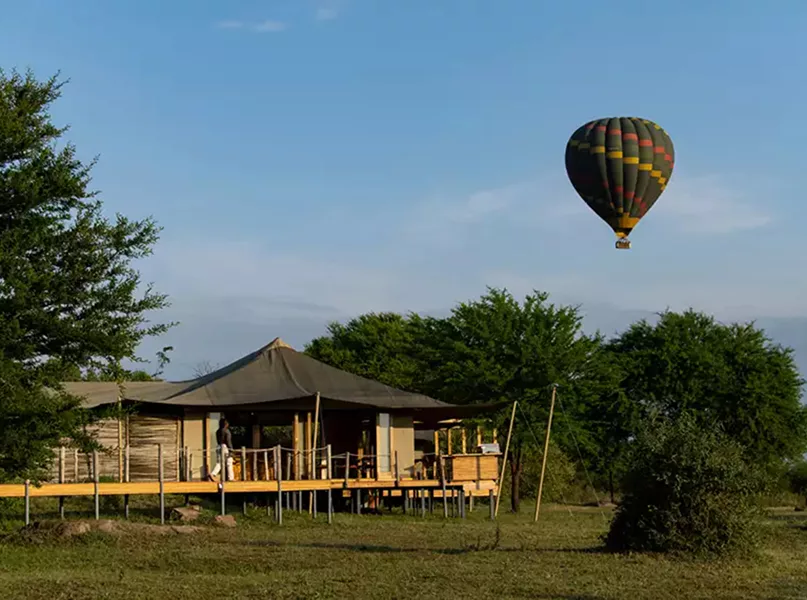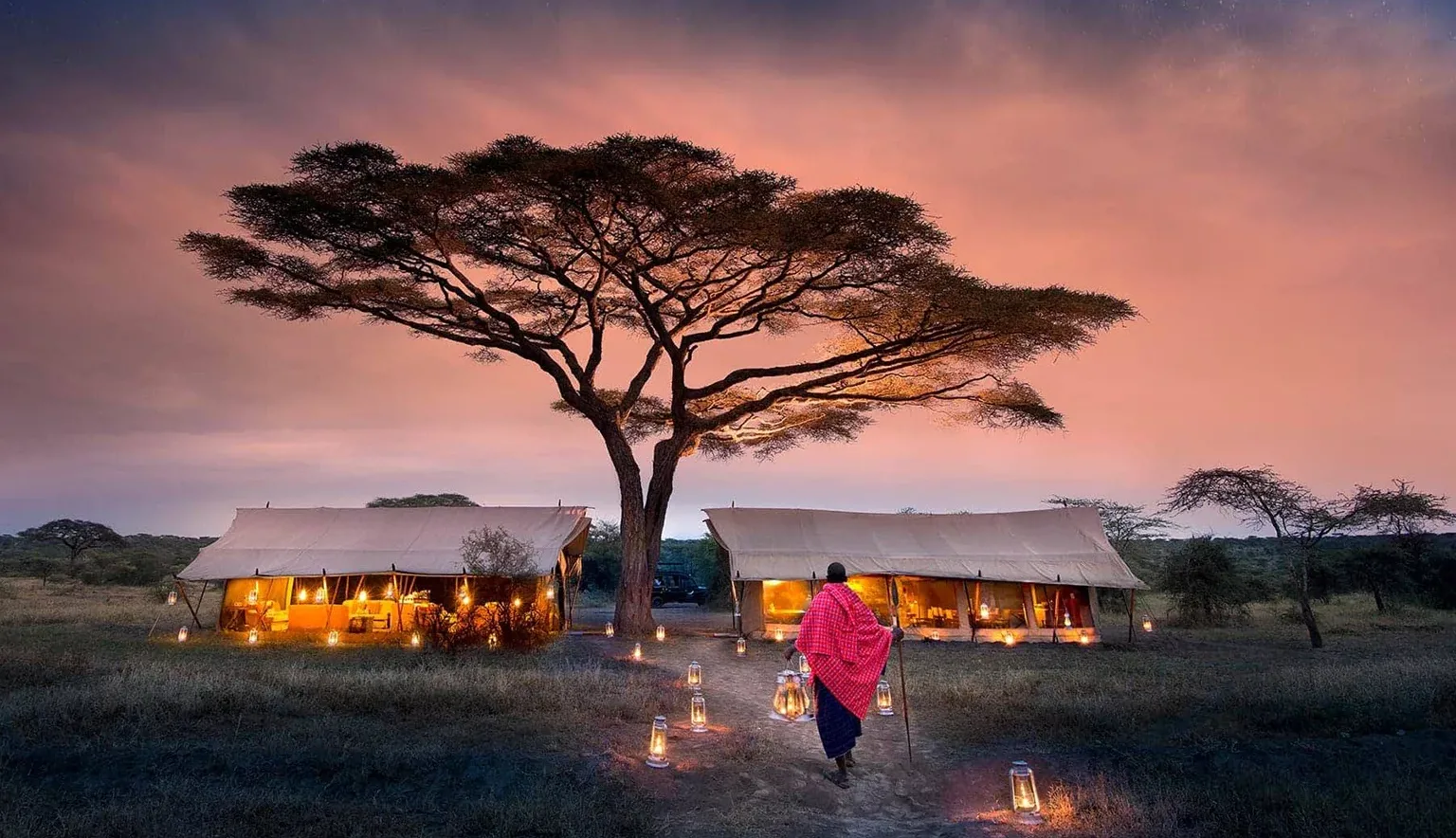We speak to Kennedy Edward, CEO of the Hotels Association of Tanzania (HAT), who outlines how the organisation advocates for the East African country as a strategic investment and business destination whilst supporting the sustainable conservation of natural resources and rare wildlife.
Q&A WITH KENNEDY EDWARD, CEO, THE HOTELS ASSOCIATION OF TANZANIA
Firstly, what are the overall aims of HAT?
Kennedy Edward, CEO (KE): HAT began as the Hotels Keepers Association back in the 1980s, when the hospitality sector migrated from government ownership to private management.
Fast-forward to the early 2000s, and HAT as we know it today was born, registered as a company and limited by guarantee by private sector investors in the hospitality industry.
As we speak, the association has undergone another minor evolution, transitioning from a company limited by guarantee to a non-profit society.
HAT’s core vision is to see the tourism and hospitality sector thrive sustainably through key areas of focus, which include improving Tanzania’s investment and business environment, advocating for sustainable practices, and conserving the country’s natural resources.
What are your organisation’s current goals and how do you plan to achieve them?
KE: The association’s current goals include campaigning for the development of Tanzania’s investment and business climate through strategic engagement with the government in order to align policies and regulatory frameworks.
Another area of focus is on practicing conservation and sustainability when utilising tourism resources. Given that tourism is the revenue-generating component of our conservation efforts, the association is keen to share its experiences and advise both private and public sector players on how to best make necessary reforms and boost revenue generation which, in turn, supports the sustainable conservation of resources.
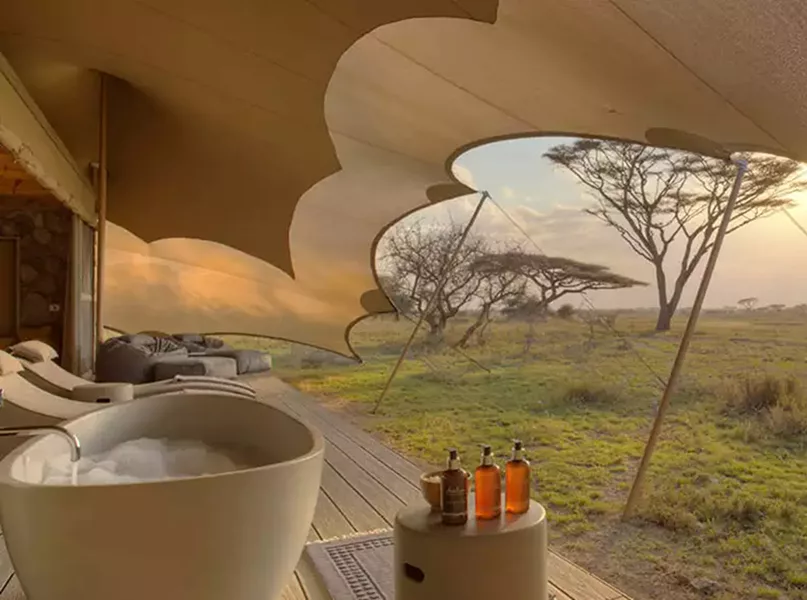
Why, in your opinion, should someone visit Tanzania?
KE: Tanzania is one of very few destinations in the world that has so much natural beauty to offer; from diverse wildlife, sandy beaches, and the highest peak in Africa to friendly people and mouthwatering African dishes.
Despite being known for Serengeti National Park, Kilimanjaro, and the island of Zanzibar, Tanzania has so much more to offer all types of tourists, from high-end, exclusive safari-goers to budget adventurers and thrill seekers.
The southern circuit, also known as the ‘true wilderness’, includes the likes of Ruaha National Park, Nyerere National Park, the Udzungwa Mountains, and the virtually untouched Mafia Islands, which are yet to be widely explored.
On top of that, Tanzania has an extensive cultural heritage to discover, boasting over 120 native tribes and vast cities that can accommodate meetings, conferences, and exhibitions with a true African touch.
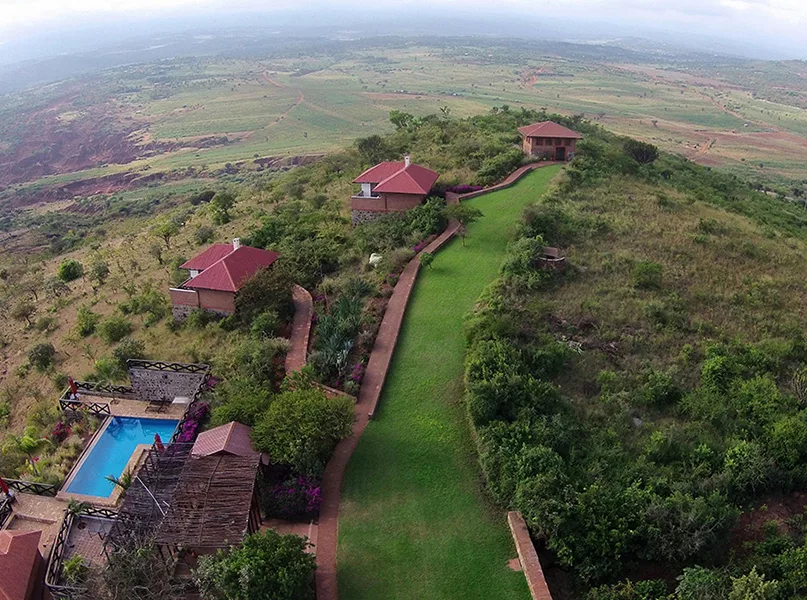
As a culturally vibrant destination, what type of traveller does Tanzania typically attract?
KE: Over the years, we have witnessed a broad range of travellers visit the country, including celebrities such as Bill and Melinda Gates, Oprah Winfrey, and Will Smith, who typically desire high-end, exclusive safaris.
On the other hand, budget and solo travellers prove to be more adventurous and seek to explore the destination on a more intimate, ground level.
The dynamics of what Tanzania has to offer have historically catered to all types of travellers.
What does the nation offer in terms of sustainable or eco-friendly travel experiences?
KE: Given that Tanzania is predominantly a wildlife and nature-based destination, sustainable and eco-friendly travel models are offered from the outset.
This is reflected by the fact Tanzania has dedicated over 30 percent of its territorial land to the conservation of protected areas such as national parks, game reserves, forest reserves, geoparks, and marine parks.
To complement this, travellers are offered customised services to showcase the country’s true ‘nature focus’. For example, we incorporate eco-friendly infrastructure design, sustainable ground-handling operations, and accommodation that caters to clients’ needs, whilst offering non-invasive activities in the wilderness.
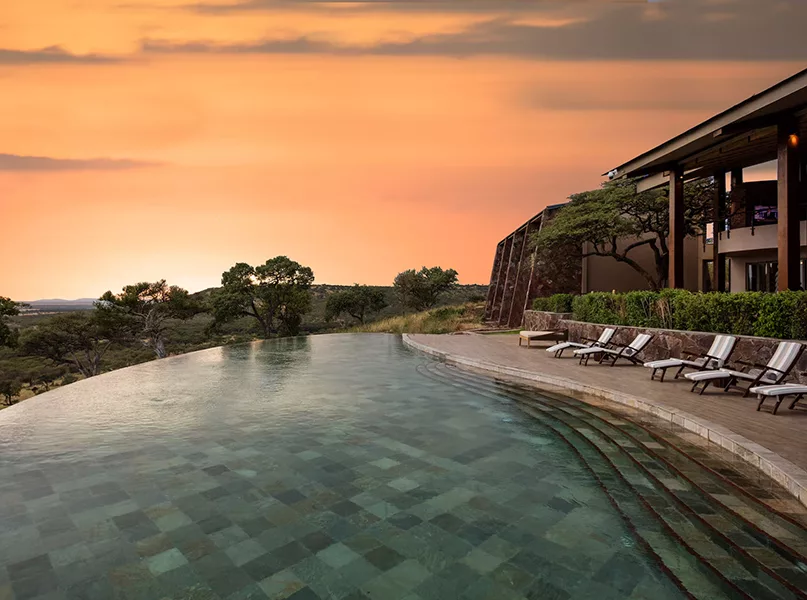
What recent trends are currently transforming tourism in Tanzania?
KE: Climate awareness, sustainable practices, and conservation are major recent trends and transformations taking place in the country and across the continent at large.
So far, this has been implemented at a grassroots level and, in the case of Tanzania specifically, through policy and regulatory frameworks and investment practices, which have trickled down to what is offered to travellers.
Are you optimistic about the future of the tourism industry in Tanzania?
KE: The future looks bright, and it’s safe to say that Tanzania is one of the few countries in the world that has fully recovered from the COVID-19 pandemic.
This can be attributed to the proactive measures taken by both the private and public sector players in marketing the destination, alongside continuous collaboration in improving the services and products offered to international visitors.
Finally, are there any particularly unique experiences or underrated activities that Tanzania has to offer?
KE: Yes! Alongside the southern circuit, Kilwa Kisiwani and Lindi are unique and untapped areas with great potential that are yet to be explored.
Additionally, rich cultural heritage, local cuisines, and marine research – especially in the great lakes of Tanganika and Nyasa – are other areas and activities that have huge potential and are yet to be tapped into.
And as for the wildlife safari side, the south has Nyerere, Ruaha, Mikumi, and Udzungwa National parks to cater for the adventurous experience away from the crowd.
